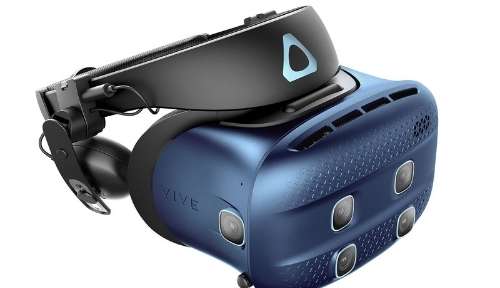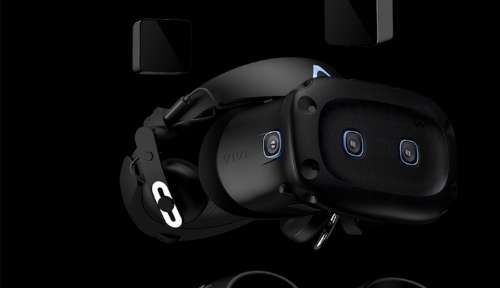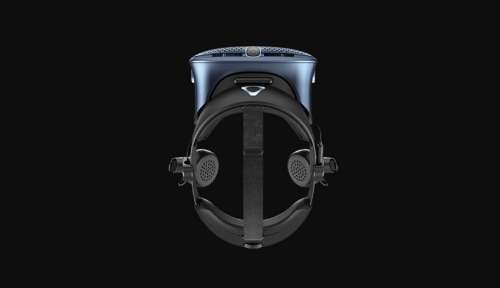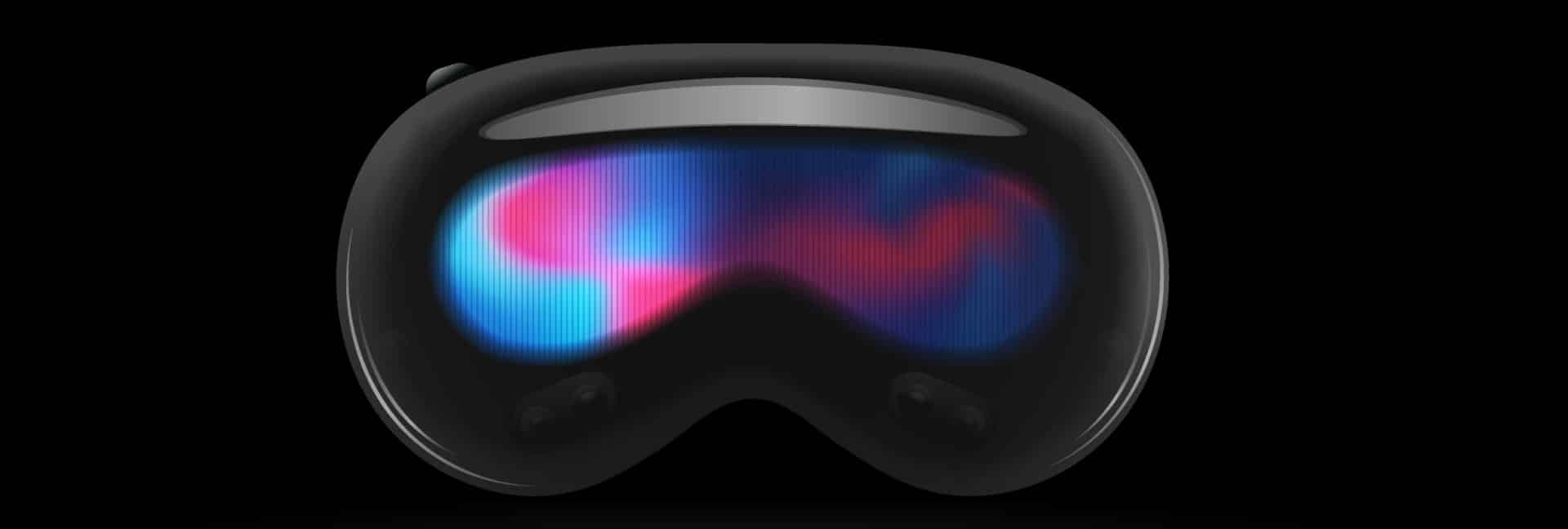Last October, ByteDance released its Quest 2 rival, the Pico 4, across Europe and East Asia. Nearly a year later, the Federal Communications Commission in the United States approved its predecessor, the Pico Neo 3, a device launched elsewhere as a beta device in early 2022.
The FCC is the regulatory body responsible for approving the sale of devices with wireless capabilities throughout the United States. ByteDance is the Chinese tech company that owns TikTok and Pico.
Where the story gets strange is that the Pico 4 has long been approved by the FCC, meaning the device could launch and ship to U.S.markets. But ahead of its March 2023 U.S. launch date, the release was blocked as Congress believes the Chinese government has access to TikTok user data and the power to influence content algorithms.
So, the question is, why has the FCC approved the Pico Neo 3? After all, this was essentially a beta for the Pico 4. Let’s take a look at what may be happening here.
Why Has ByteDance Sought FFC Approval On an Old Headset?
When buyers in Asia and Europe bought the Pico Neo 3, they were offered discounts on the imminent Pico 4. ByteDance seemed to see the headset as a step toward the Pico 4, which was due within a year.
The Pico 4 and Neo 3 both use the same chipset; however, the newer device has a lower price point. This means that ByteDance isn’t using the older device to attract new users with a cheaper entry-level headset like Meta will do with the Quest 2 once the new Quest 3 hits the shelves.
Another unlikely use for the headset would be for business use. While the Pico 4 isn’t commercially available in the United States, the company already sell headsets to American businesses; the Pico Neo 3 Pro is the business-use model that has separate FCC approval and has been available since 2021.
The final option may be that ByteDance still hopes to launch the Pico 4 in the States but will use the Pico Neo 3 as a beta program first, as it did when entering the European market.
What Would a U.S. Launch of Pico Headsets Mean?
ByteDance’s TikTok has already taken considerable market share from Meta’s Facebook and Instagram platforms. Both of Meta’s social media platforms have responded to the Chinese competitor by adding features that mimic those found on TikTok.
Although less popular in the West than Meta’s Quest 2, the Pico 4 competes well in terms of specifications. By launching the Pico range in the United States, ByteDance would compete directly with Meta within its own market. But, by the time any Pico device hits the U.S. market, it will need to compete against the more powerful, Quest 3. Not only that, but all of this will play out as politicians debate whether TikTok should remain available in America.
Let’s wait and see what plans ByteDance has up its sleeve.







